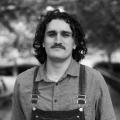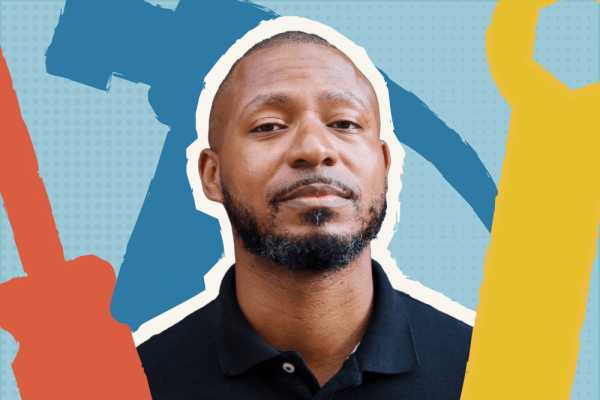Thousands of people across the nation joined Sunday afternoon rallies to assert the dignity of Asian Americans and Pacific Islanders in the wake of racism and violence seen across the United States.
The National Rally for AAPI Lives and Dignity, organized by the Asian American Christian Collaborative, in partnership with local churches and organizations, took place in Atlanta, Chicago, Washington, D.C., and 11 other cities. Rallies included worship and prayers of lament and repentance; some included marches around a city block. National partners for the event included the podcast Truth's Table and several Christian organizations including Be The Bridge, OneRace, and the AND Campaign,
“It was clear that those on the ground had a desire to respond to the shooting in Atlanta,” Raymond Chang, president of AACC, told Sojourners the Friday before the rallies. “This is a very special moment. My hope is that it isn’t just a moment, but a movement.”
The rallies were prompted by several shootings in and around Atlanta on March 16; the shootings left eight people dead — including six women of Asian descent — and took place amid a dramatic increase in anti-Asian hate crimes in the past year. AACC asked that local events be led by and center Asian women.
“Asian American women in particular are rising up, leading the charge, raising their voices, and providing the model for what it looks like to stand up to AAPI hate,” Michelle Ami Reyes, vice president of AACC said. “We wanted to be able to hear from Asian American women about how they’re processing the events.”
At the Washington, D.C., rally, which was held in Chinatown, several organizers said the day felt “historic.” Soojin Park, who led the group in prayer in Korean (one of four prayers offered in different languages), told Sojourners that in her experience, it wasn’t often that Asian American Christians connected with each other. She also said it was meaningful to have Asian women at the center of the event.
“Culturally, that’s huge … to put focus on women leading anything is pretty huge. That’s not something I grew up hearing or [seeing] championed,” she said. “To me, in that way, it’s also a historic movement.”
Justin Giboney, president of the AND Campaign and a speaker at the Atlanta event, said it was important for AND to express solidarity and support for the AAPI community.
“They came and they did a big event with some of the AND campaign folks this summer when we saw the deaths of Black brothers and sisters, so we wanted to do the same thing for them,” Giboney said.
Organizers mandated masks and social distancing, and they encouraged participants to support the local community by shopping at local restaurants after the event.
“Asian businesses are still suffering and lagging behind, and many are closing their doors. We know that this is connected to anti-Asian bias, particularly connected to the coronavirus,” Ami Reyes told Sojourners. “If you say that you are a friend of the Asian community, and that you are standing for Asian lives and dignity, then one of the ways you can put that into motion is by financially supporting our businesses, because money speaks.”
For event organizers, having a distinctly Christian event was an important way to respond to the reports that Christian theology underpinned the motivations of the shooting in Atlanta. Duke Kwon, who was the second speaker at the Washington rally, said while people should be careful when connecting the massacre in Atlanta to a particular theological tradition, it merits reflection.
“[The shooter’s reported motivation] invites us to — with a spirit of chastened, humbled, repentant self-reflection — consider: Are there ways that our theologies perpetuate, or even give room to, racist or misogynistic thought?” Kwon told Sojourners. “We would be arrogant to not at least give pause and to reflect on the possibility that that might be so.”
Kwon told the crowd that a prayer was a form of protest, a demand that the status quo not remain as it is.
Nikki Toyama-Szeto, executive director of Christians for Social Action, invited Washington attendees to reflect on how God is the “God who sees.”
“This is what it looks like when Asians show up for change … this is an act of bearing witness to the character of God,” she said. “We are not invisible to God, though we may be to the rest of the community, the education system, or the political system. God sees you and you give God particular joy.”
Got something to say about what you're reading? We value your feedback!







